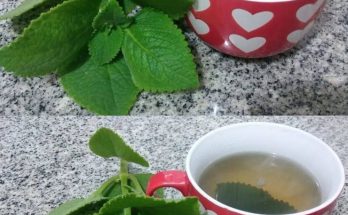Acne, or acne vulgaris, is more than just a cosmetic concern—it’s a common skin condition that affects millions of people of all ages. While often associated with teenagers, acne can appear in adults too, and it can have a real impact on both appearance and self-confidence.
What Exactly Is Acne?
Acne occurs when hair follicles become clogged with oil (sebum) and dead skin cells. This blockage creates the perfect environment for inflammation, resulting in pimples, blackheads, and whiteheads. Over time, acne can also lead to scarring if not properly managed.
It primarily affects areas of the skin with the highest concentration of oil glands, including:
-
The face
-
The upper chest
-
The back
Types of Acne
Acne is not one-size-fits-all. Common types include:
-
Blackheads: Open clogged pores that appear dark on the skin.
-
Whiteheads: Closed clogged pores that remain under the skin surface.
-
Pustules: Inflamed, red bumps filled with pus.
-
Nodules and cysts: Severe, painful lumps that can cause lasting scars.
How Acne Affects You Emotionally
While acne may seem purely physical, it can take a serious emotional toll. People with noticeable acne often experience:
-
Reduced self-confidence
-
Nervousness in social settings
-
Increased stress or anxiety
-
In severe cases, emotional distress or depression
Recognizing the emotional impact of acne is just as important as treating the physical symptoms.
What Causes Acne?
Acne develops due to a combination of factors, including:
1. Genetics
Heredity plays a major role in acne. Studies show that around 80% of acne cases are influenced by your genetic makeup, meaning if your parents struggled with acne, you might be more prone to it too.
2. Hormones
Hormones, particularly androgens, are key players in acne development. These hormones stimulate oil production, which can clog pores and lead to breakouts. This is why acne often appears during puberty, menstrual cycles, or hormonal changes in adulthood.
3. Bacteria
The bacterium Cutibacterium acnes naturally lives on the skin, but an overgrowth can trigger inflammation and worsen acne.
4. Diet and Lifestyle
While the connection between diet and acne is still debated, research shows no direct link between acne and:
-
Poor hygiene
-
Sun exposure
-
Smoking
Maintaining a balanced diet and healthy lifestyle can still support overall skin health.
Prevention and Management
Even though acne can’t always be completely prevented, there are effective ways to manage it:
-
Gentle cleansing: Wash your face twice daily with a mild cleanser.
-
Non-comedogenic products: Choose skincare and makeup that won’t clog pores.
-
Topical treatments: Ingredients like benzoyl peroxide, salicylic acid, or retinoids can reduce breakouts.
-
Consult a dermatologist: For severe acne, professional guidance is essential.
Understanding the causes and types of acne is the first step toward clearer, healthier skin. With the right approach, you can manage breakouts, prevent scarring, and boost your confidence.



